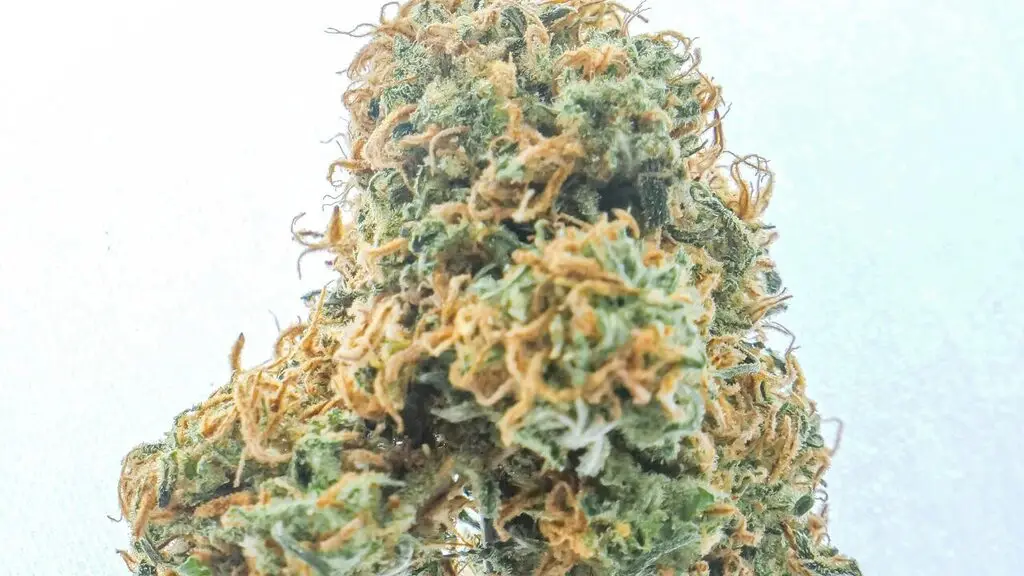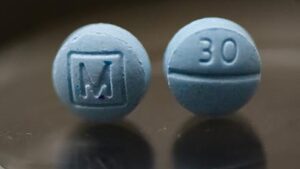Delta 8 tetrahydrocannabinol, commonly known as Delta 8 THC, is a cannabinoid that has gained popularity for its psychoactive properties, which are somewhat less potent than those of its more famous cousin, Delta 9 THC. Despite its legal ambiguity in various jurisdictions, its use has surged, leading to questions about its longevity in the body and implications for drug testing. Understanding how long it stays in your system is crucial for users who need to navigate employment screenings, athletic regulations, or simply want to know for personal reasons.
Understanding Delta 8 THC
Delta 8 THC is structurally similar to Delta 9 THC, the primary psychoactive compound in marijuana, but it binds differently to the brain’s cannabinoid receptors, resulting in milder psychoactive effects. It is synthesized from hemp-derived cannabidiol (CBD) and falls into a legal gray area in many regions due to legislation primarily targeting Delta 9 THC.

Factors Influencing Delta 8 Metabolism
The duration Delta 8 THC remains detectable in your system depends on several factors:
- Dosage and Frequency of Use: Higher doses and more frequent use can lead to longer detection times. Regular users may find that Delta 8 THC remains in their system longer than occasional users.
- Metabolism: Individual metabolic rates can influence how quickly Delta 8 THC is processed and eliminated from the body. Factors such as age, genetics, and overall health play a role.
- Body Composition: Body fat percentage can affect the duration Delta 8 stays in your system. THC compounds are lipophilic, meaning they bind to fat cells, potentially leading to longer detection times in individuals with higher body fat percentages.
- Method of Consumption: How you consume Delta 8 (e.g., vaping, edibles, tinctures) can impact how long it stays in your system. Inhalation may lead to faster elimination, while edibles may result in longer detection times due to prolonged processing in the digestive system.
Detection Windows
Delta 8 THC can be detected in various types of drug tests, with detection windows varying by test type.
- Urine Tests: The most common form of drug testing can detect THC metabolites for up to 15 days in occasional users. In regular users, detection windows can extend beyond 30 days.
- Blood Tests: Delta 8 THC is detectable in blood for up to 2 days after use, though this can vary based on usage patterns.
- Saliva Tests: Saliva tests can detect THC for up to 48 hours after use, but this window may vary depending on the sensitivity of the test.
- Hair Follicle Tests: THC can be detected in hair follicles for up to 90 days, offering the longest detection window. However, hair tests are less common due to their expense and the complexity of analysis.

Implications for Drug Testing
For individuals facing drug tests, it’s important to be aware that Delta 8 THC can trigger positive results for THC. Given its legal ambiguity and the lack of distinction between Delta 8 and Delta 9 THC in many tests, users should exercise caution if they are subject to drug screenings.
Find Help Today
Delta 8 THC’s duration in your system varies widely based on several individual and usage factors. Understanding these nuances is crucial for anyone who uses Delta 8 THC, especially those who may undergo drug testing. As the legal landscape and societal acceptance of cannabinoids evolve, so too will our understanding and regulations surrounding these compounds. For now, users should remain informed and cautious, considering both the legal implications and the potential for detection in drug tests.
For those looking for help with a drug or alcohol addiction in Texas, Texas Recovery Centers can provide the help you need. Call us at 888.354.2194 today.












